





Employers across Greater Lincolnshire and Rutland have identified skills gaps between the classroom and today’s modern workplace. This guide tells you everything you need to know about how our further education learning providers are actively closing them >>>
Now, we’re building tomorrow’s workforce, today…
In fact, nearly 400 businesses shed light on the competencies crucial for our collective advancement, with a spotlight on work readiness and digital proficiency. Through the Local Skills Improvement Plan (LSIP), we at the Lincolnshire Skills Partnership (LSP) have fused your collective insights into a dynamic strategy for skills development.
Like you, we at the LSP pay homage to our rich industrial heritage. We also embrace the promise of a transformative future. That’s why we understand the urgency of preparing today’s learners for the workspace of tomorrow.
We hear you and we’ve got you.
As stalwarts of the Greater Lincolnshire and Rutland economy, you - the employer - have voiced the need for a workforce that is agile, skilled and future-ready. What will I get from the Employers’
Your Employers’ Guide is an invitation to engage, influence and co-create a thriving economic future. Let’s do this thing >>>


Introduction
Introduction
DN
Franklin
Grantham College
Grimsby Institute
HETA
John Leggott College
Lincoln College
Riseholme College
IEG Stamford College
Thanks
Mission: Background:
The Department for Education (DfE) tasked the Federation of Small Businesses (FSB) to prepare the LSIP for the Greater Lincolnshire and Rutland area.
To identify key actionable priorities and recommendations for changes to make post-16 technical education and training more responsive to local labour market needs.
The collaboration model aimed at improving the alignment of skills provision with the needs of the local economy and businesses.

Role:
To ensure educators spend public money wisely and effectively.
Responsibility:
To ensure educators have the finances to deliver high-quality courses.
Outcome:
Tasked the FSB and LSP to liaise with employers and create the LSIP for the region.

Role:
Advocate for employers, gathering views to shape education and produce the plan.
Responsibility:
Act as an Employer Representative Body (ERB), offering insights on business skills needs.
Outcome:
Informed the LSIP with employer perspectives on skills development.
Process:
Meaningful dialogue between employers, training providers and strategic stakeholders to inform the development of a localised strategy to improve skills in line with employer needs.

Role:
Coordinate multi-sectoral strategy for regional skills development.
Responsibility:
Integrate our partners to develop and deliver training aligned with LSIP goals.
Outcome:
Collaborative training initiatives with colleges, enhancing the local talent pool in line with market needs.

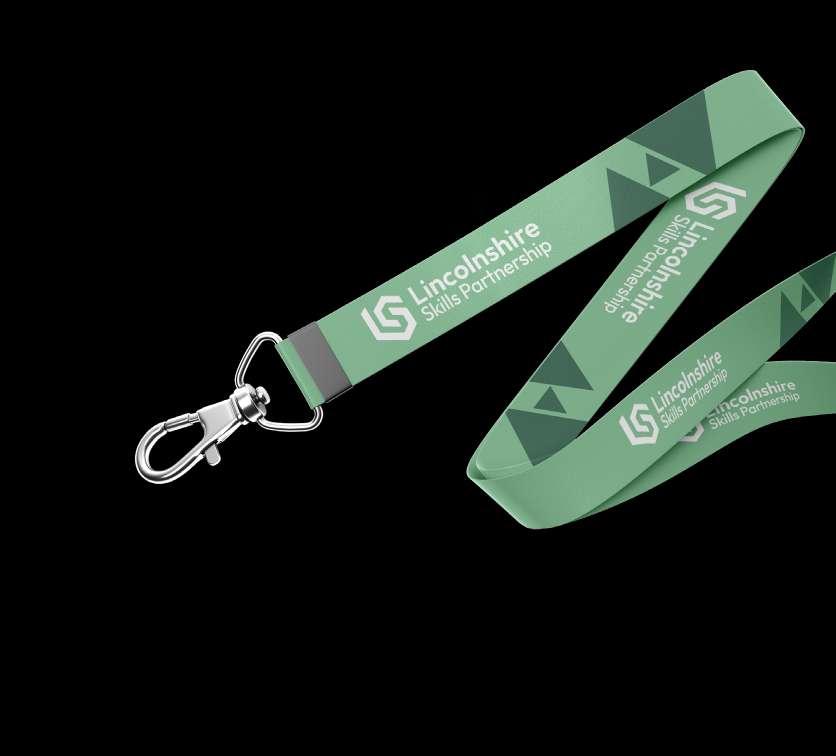
them to respond to the findings. You wanted to see improvements in:
Work Readiness & Essential Skills
Digital & Digitisation Skills
Construction Sector Skills & Competencies
Engineering Skills & Competencies
Decarbonisation & Green Skills
Leadership & Management Skills
Well, your voices have catalysed a series of actions by our local partners to address immediate needs and lay the groundwork for sustainable growth.
Let’s take a look >>>

is preparing for the fifth industrial revolution
Greater Lincolnshire and Rutland has long been leading the charge of industrial changes. From British Agricultural Revolution in the 17th Century to the heavy industry of William Foster & Co and Ruston (now a subsidiary of Siemens) in the early 20th Century, our area now finds itself at the dawn of a new age, one where people, industry and commerce, the environment and technology must find ways to work in harmony, all at a time of global economic, environmental and social disruption.


Our region... sees change as opportunity




Our region...
This has been a truly collaborative process between employers, stakeholders and partners. The resulting LSIP casts a guiding light on exactly what skills are needed for this next industrial sea change. Employers, after all, are best-placed to understand what our skill needs are right now, where they will need skills for the future, and where they see potential for employment growth.
Underpinned by demographic, geographic and economic data, we can all be confident that our new plan paves the way to provide skills that will be vital to the Fifth Industrial Revolution.


Together, our region can continue to lead the way in skills (r)evolution

Our region...
can gain a competitive advantage through growth sectors
These key sectors offer real growth opportunities throughout our region. The force behind that will be skills; equipping people with the capabilities, inspiration and opportunity to do essential, meaningful work.
In Greater Lincolnshire and Rutland, financial robustness, educational advancement and business growth are inextricably linked. As the area targets a £3.2bn increase in Gross Value Added (GVA) by 2030, this further adds weight to employers’ expert insights that enhancing workforce skills will be key to unlocking the region’s future prosperity.
Where we are, financially:
£23.9bn
Where we are, educationally:
495,000 40,325 the value of the Greater Lincolnshire and Rutland economy per year have no formal qualifications have entry level or Level 1 qualifications
Where we plan to be:
£3.2bn 17% 9% 21%
GVA by 2030 have Level 4 qualifications or above
How we plan to get there
Nobody said running a business would be easy. But it’s not nobody doing it, it’s you. Your relentless drive and pursuit of innovation is the lifeblood of our economy. Backed by the LSIF, our further education and training partners are now actioning the priorities you set out in the LSIP. These include:
New facilities and equipment
The development and delivery of new courses
And, a cornerstone of LSIP, is the rollout to our education partners of three projects:
Project #1 Decarbonisation & Green Skills
Project #2 Digitisation & Smarter Working Upskilling teaching staff and students alike
Project #3 Work Readiness & Essential Skills

Empowering the future, today. Our Decarbonisation and Green Skills project pioneers the shift towards a sustainable economy in Greater Lincolnshire and Rutland, equipping the workforce with essential skills for a greener tomorrow.

To revolutionise our approach to sustainability and workforce development, this project collaborates with local employers and stakeholders to design a cutting-edge curriculum focused on low carbon skills and technologies. By harnessing the latest in green technology and building a foundation of knowledge and expertise, we’re preparing for a future where sustainability is at the forefront of industry standards.


Curriculum Development:
Tailoring educational programmes to fill the green skills gap, with an emphasis on priority occupations in the decarbonisation sector.
Innovative Learning:
Introducing Net Zero online modules and practical training in decarbonisation for engineering and construction, leveraging industry-standard equipment.
Collaborative Growth:
Promoting a culture of sharing and cooperation among partners to foster innovation, improve quality and achieve efficiencies in addressing the region’s green skills needs.
In the middle of difficulty lies opportunity.
Facilities Upgrade:
Establishing state-of-the-art learning environments to showcase the latest in green technology and facilitate hands-on experience.

Teaching Excellence:


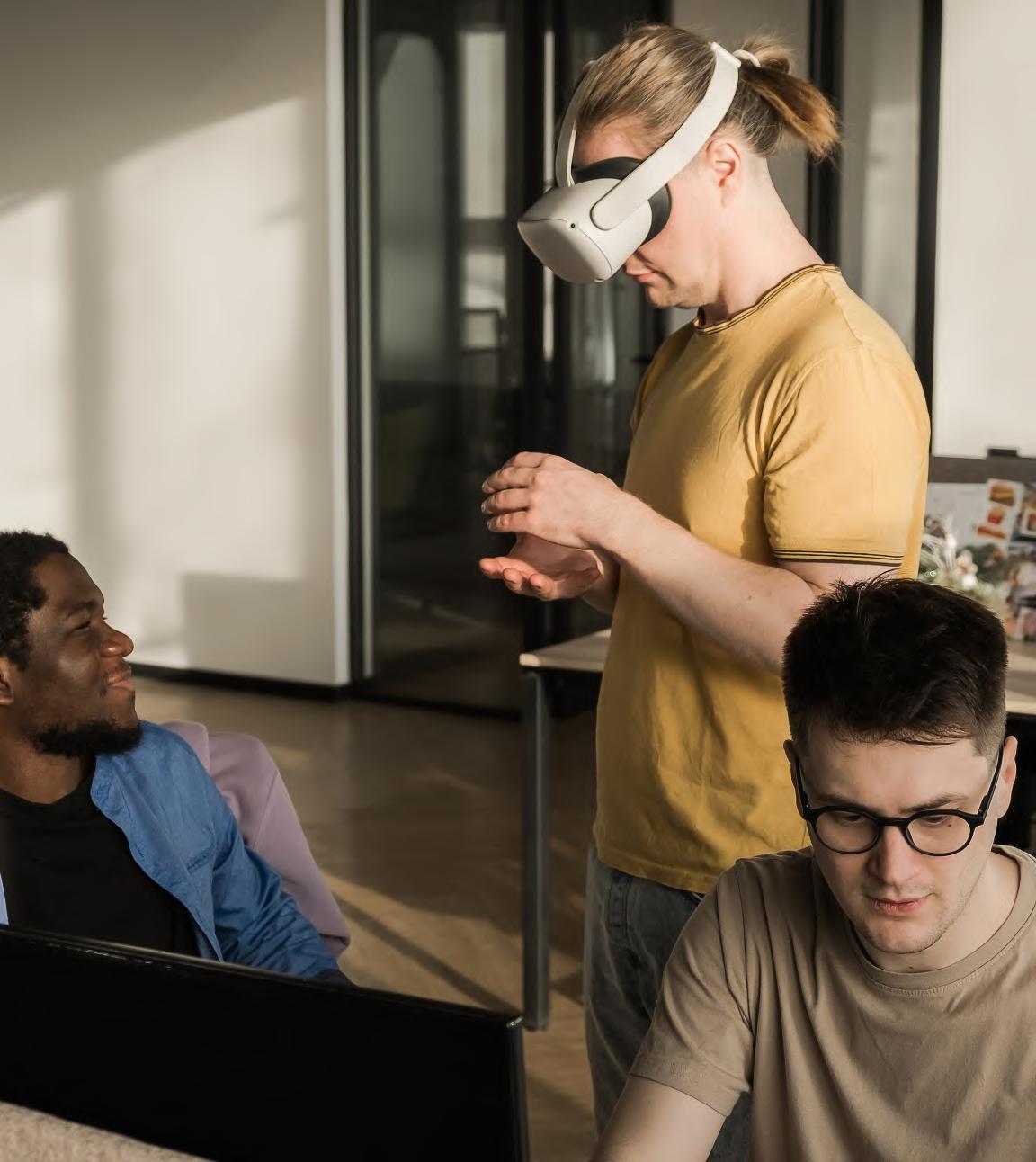
Reprocessing the digital landscape of Greater Lincolnshire and Rutland, this project pioneers the fusion of technology, virtual reality and smarter working practices to meet the evolving skills demands of our workforce and employers.
Embracing Digital Evolution:
This initiative aims to revolutionise the digital curriculum, catering to the diverse skill needs within our region. From enhancing the Decarbonisation and Green Skills agenda to developing virtual reality (VR) assets, we’re setting a new standard in immersive learning experiences.
Widening Digital Skills Access:
By promoting existing digital skills provision and collaborating with the Department for Education (DfE), Local Enterprise Partnership (LEP) and Employer Representative Bodies (ERB), we aim to enhance the effectiveness of digital education.
Innovative Learning Spaces:
Establishing several VR Suites across colleges in the region. These cutting-edge environments will not only enrich teaching and learning but also integrate digital competencies into key curriculum areas, providing a virtual exploration of sectors, digitisation and automation.
Technology & Collaboration:
We’re introducing innovative digital tools to create compelling learning experiences. A pivotal aspect of this is the development of immersive rooms that connect multiple campuses. This network allows for cross-campus teaching on a unified platform, specifically targeting rural areas with limited access to specialist teachers, marking a significant stride in cost efficiency and inclusivity.
Empowering Employers:
Exploring bite-sized courses on artificial intelligence (AI), automation and future technologies to unlock the potential for small and medium enterprises (SMEs), particularly in sectors like food processing and production, through targeted mentoring and digital solutions for business productivity.
Curriculum Integration:
Developing content that incorporates digital elements into post-16 vocational programmes, including apprenticeships and adult educational courses, to ensure a wellrounded digital skill set among learners.
Peer Learning & Best Practices:
Establishing platforms for peer learning on digital technologies to facilitate the sharing of challenges, solutions and best practices in digital skills development.

The best way to predict the future is to invent it.”
- Alan Kay

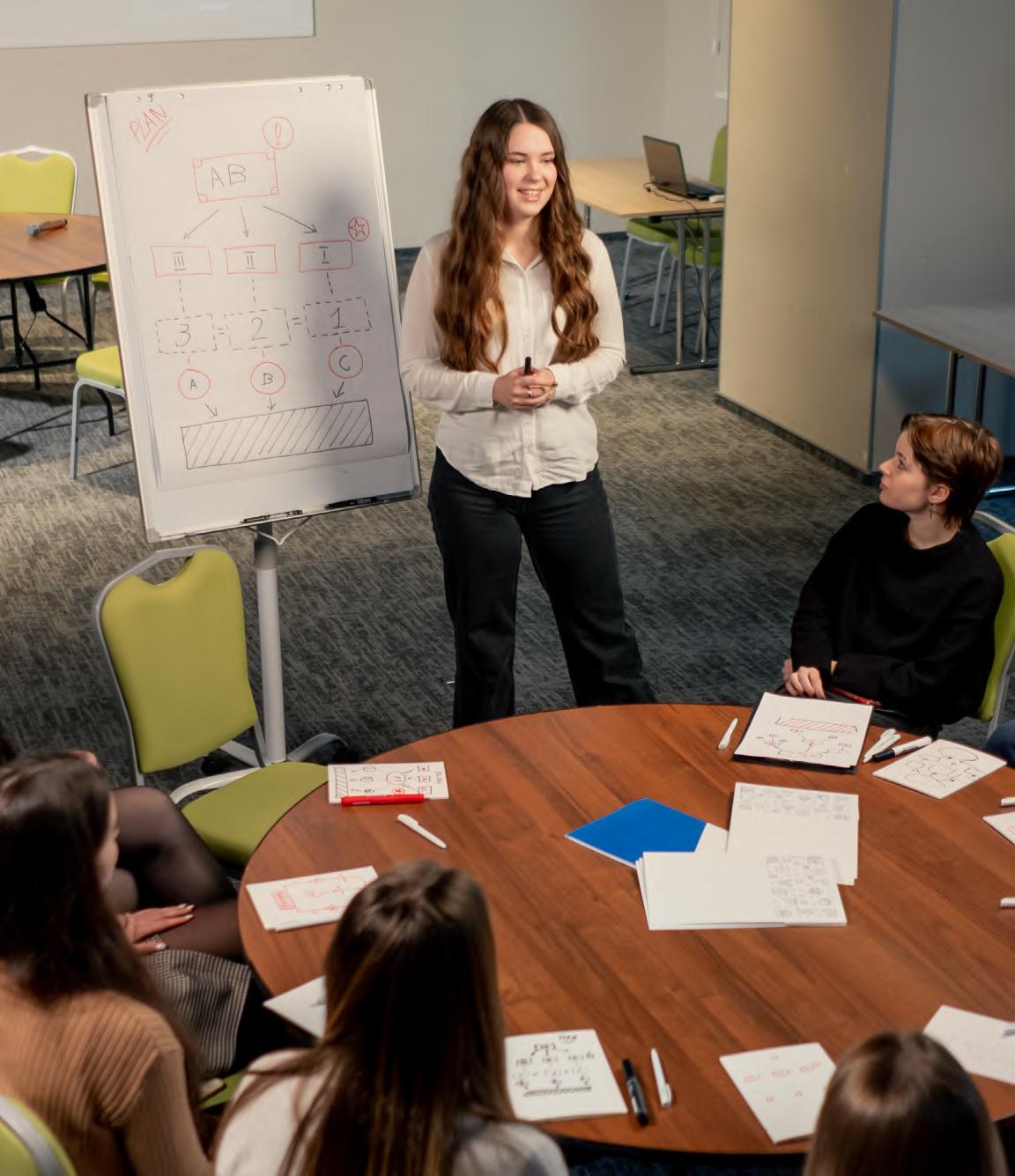
Empowering Greater Lincolnshire and Rutland future workforce with the essential skills and work readiness to thrive in priority sectors, through innovative and collaborative learning approaches.

The mission directly tackles vocational training and employability, emphasising collaboration and innovative teaching. Initiatives like the Skills Passport and Essential Skills Programme anticipate future job market needs, ensuring learners develop both theoretical knowledge and practical skills. Central to this mission is enhancing educator skills and fostering strong educational-business partnerships, creating a training ecosystem geared towards mutual growth and success.
OUR PRIORITIES:


Broad Skill Set Development:
Focus on developing a comprehensive suite of skills among learners, encompassing both sector-specific knowledge and the essential soft skills required for successful employment in any field.
Curriculum Tailoring:
Continuously refine the Essential Skills and Employability programme to reflect the evolving demands of the local job market, ensuring learners and employers alike benefit from the most relevant and up-to-date training.
Strengthening Partnerships:
Foster stronger links between education providers, employers and other stakeholders to ensure the curriculum remains responsive to the needs of the local economy and workforce.

Skills Passport Implementation:
Streamline the integration of work readiness into the educational journey, providing a tangible record of employability skills for learners.

Learning is not the product Learning is the of the activity of learners.”

Guided by the TEC Partnership, our region’s lead partner in the LSIF initiative, 11 of Greater Lincolnshire and Rutland’s premier further education learning providers are diligently addressing the skills gap. Together, these partners are reshaping education to meet the demands of the modern workplace, ensuring our students are not just qualified, but truly prepared for what lies ahead.
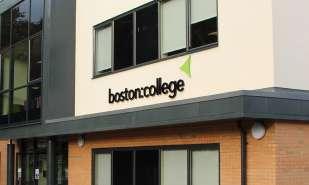
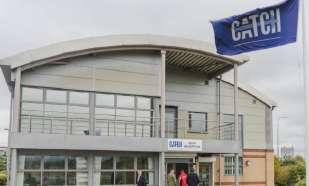



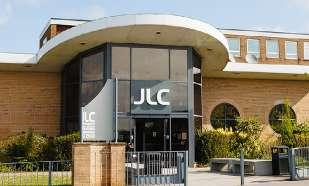



Meet Your LSIF Lead:
One of England’s largest providers of further and higher education, the TEC Partnership steers our collective focus on innovating learning and directly addressing regional skills needs.


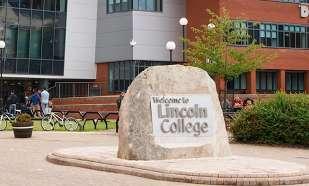
























Boston College is pioneering work readiness through VR, developing call centre technology and a digital hub. This innovative initiative, supported by the LSIF, merges Lightcast career coach software and a Skills Passport collaboration to enhance student employability and align closely with employer needs. Key features include:
A VR-created cafe environment to serve students hands-on experience in customer service.
Cutting-edge software to guide career paths and understand employer demands.

From concept to implementation, this project was designed to meet the urgent need for work readiness. The virtual reality cafe scenario, developed in partnership with Boston College’s digital technologist and VISR Dynamics, offers a unique platform for students to refine their work readiness.
Enhanced Communication Skills: The virtual cafe scenario hones customer service abilities in a highpressure setting.
Technological Fluency: Exposure to VR and AI technologies prepares students for the digital dimensions of contemporary careers.

This project not only enhances Boston College’s reputation for technological innovation but also opens new avenues for employer collaboration, designing industry-specific training resources.
Industry Collaboration: Employers are engaged in resource development, ensuring training meets specific sector needs.
Ready-to-Work Graduates: Students emerge with a blend of digital proficiency and practical skills, ready to add value to any workplace.


Wendy Poole Director of Learning: Adults and Apprenticeships
This project addresses the lack of exposure to work many individuals face and the negative impact Covid





Sustainability resides at the heart of this project which saw investments in equipment to support air source heat pump and hydrogen boiler training. This initiative converts office space into a state-of-the-art workshop, advancing engineers’ green energy skills.
Boston College introduced a digital learning platform enriched with HoloPatient, HoloHuman and VR applications. This platform, along with Canvas learning, aims to revolutionise training in various sectors, focusing on staff development and employer engagement.

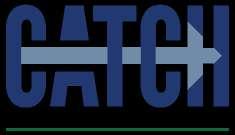
CATCH is at the forefront of empowering the Humber region to bridge its technical skills gap for the Net Zero sector. With a mission to fill an anticipated 14,000 technical roles by 2040, the organisation is now leveraging LSIF support to prepare a workforce ready for the renewable revolution with:
An advanced control room and simulator facility, focusing on delivering process operators for new Net Zero infrastructure.
Equipment and simulations designed in partnership with industry employers to meet the skills demands of energy transition.
CATCH’s innovative facility offers learners immersive experiences that are vital for tomorrow’s high-risk industrial workplaces.
Realistic Simulations: Students gain hands-on experience through simulations that reflect realworld high-hazard environments.
Technological Advancement: Ongoing enhancements to the engineering workshop with the latest technologies ensure that the training stays relevant.


CATCH’s engagement with industry stakeholders shapes a curriculum responsive to the urgent demand for Net Zero skills.
Focused Training Priorities: Direct consultations with businesses have highlighted critical areas like welding and process operations as employer priorities.
Ready For The Field: Graduates enter the workforce not just trained, but experienced in working with the technologies they’ll encounter on the job.

James McIntosh Chief Operating Officer
This region will be home to Carbon Capture & Storage and Hydrogen Production facilities. It is vital we develop the workforce to build, operate and maintain for the energy transition.


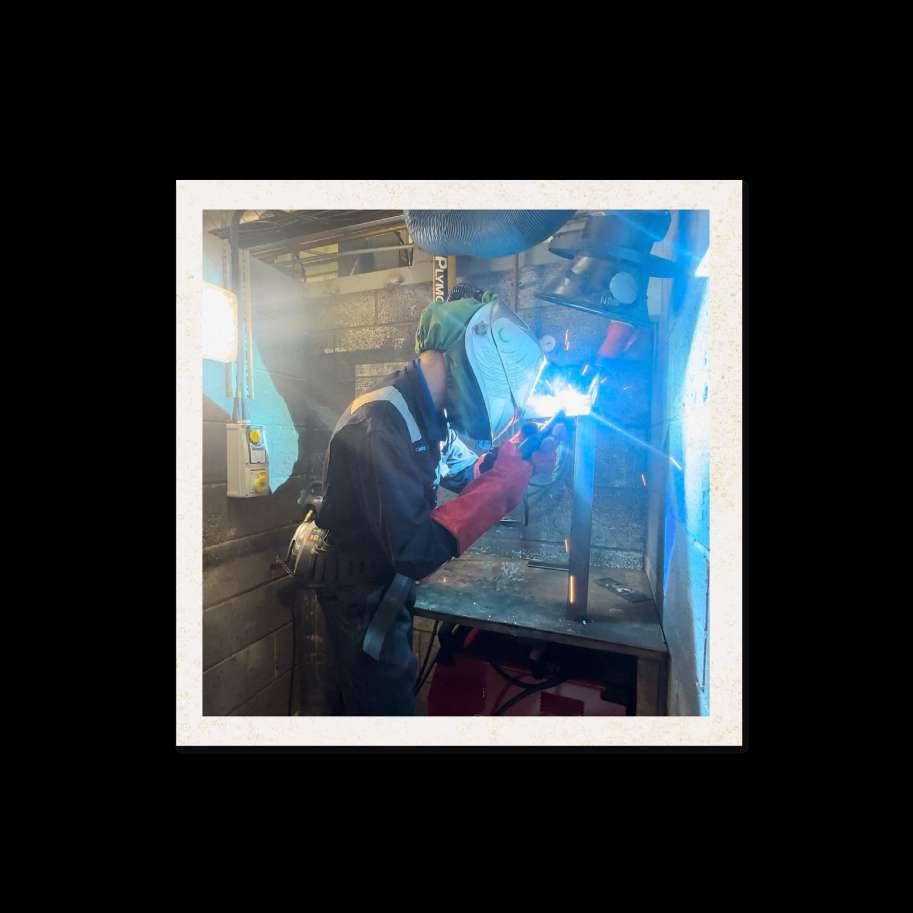
DID YOU KNOW?


36% of vacancies are ‘skills shortage vacancies’
Source: gov.uk Employer Skills Survey (2023)

DN Colleges Group is digitally transforming learning experiences with the installation of an immersive classroom. This innovative space features wallto-wall digital screens, interactive displays, VR headsets and tracking cameras. Supported by the LSIF, the provider now has:
A fully immersive learning environment with cutting-edge digital and VR technology.
A collaborative, cross campus training resource for students and educators alike.

Responding to the need for advanced educational tools, DN Colleges Group’s VR facility is a shared asset addressing critical areas, from staff availability to specialised training needs.
Innovative Learning: Immersive technology paves the way for a deeper understanding and hands-on experience in virtual settings.
Resource Sharing: The facility’s shared model fosters community-wide access and resource optimisation, meeting key educational priorities.

In partnership with regional employers, DN Colleges Group’s immersive classroom delivers virtual ‘onthe-job’ experiences, mirroring real-world settings to better prepare students for employment.
Practical Skills Acquisition: Students leave with knowledge backed by experience to meet employer expectations.
Enhanced Recruitment: Employers benefit from new recruits who are immediately equipped with practical, in-demand skills thanks to hands-on virtual training.

Daniel Wilson VP of Business Growth, Skills & Partnerships
This project aims to increase the number of employers and learners accessing education to meet the vital skills needs of the local labour market.




Career Path Navigation
DN Colleges Group has embedded Careers Coach software into their website to empower students to align their interests with current labour market trends, providing personalised job profiles and educational pathways for informed career planning.



Franklin Sixth Form College is harnessing industrystandard hardware and software to launch hybrid work experience programmes and cultivate a digitally-adept student and staff body. With LSIF’s support, Franklin Sixth Form College is:
Advancing its digital infrastructure for hybrid work experiences.
Pioneering using their immersive space to stream events to other partners.

Franklin students engage in industry masterclasses and immersive content creation, honing both technical and essential soft skills for real-world application.
Industry Insights: Masterclasses and employer interviews that bolster soft skills development.
Immersive Learning: Leveraging immersive spaces to simulate hard-to-access industries like wind energy.
Franklin College prioritises the cultivation of universally essential soft skills, bridging the gap between academic preparation and business expectations, saving employers training costs.
Focused Training Priorities: A curriculum that emphasises communication, teamwork and adaptability.
Enhanced Employment Prospects: Direct employer consultations lead to authentic work experience opportunities and job readiness in fields such as STEM, AI and digital arts.



Nick Jennings LSIF Project Manager
These projects help with the upskilling of students and staff across a range of subject areas, to ensure our courses meet the needs of the local labour market.”


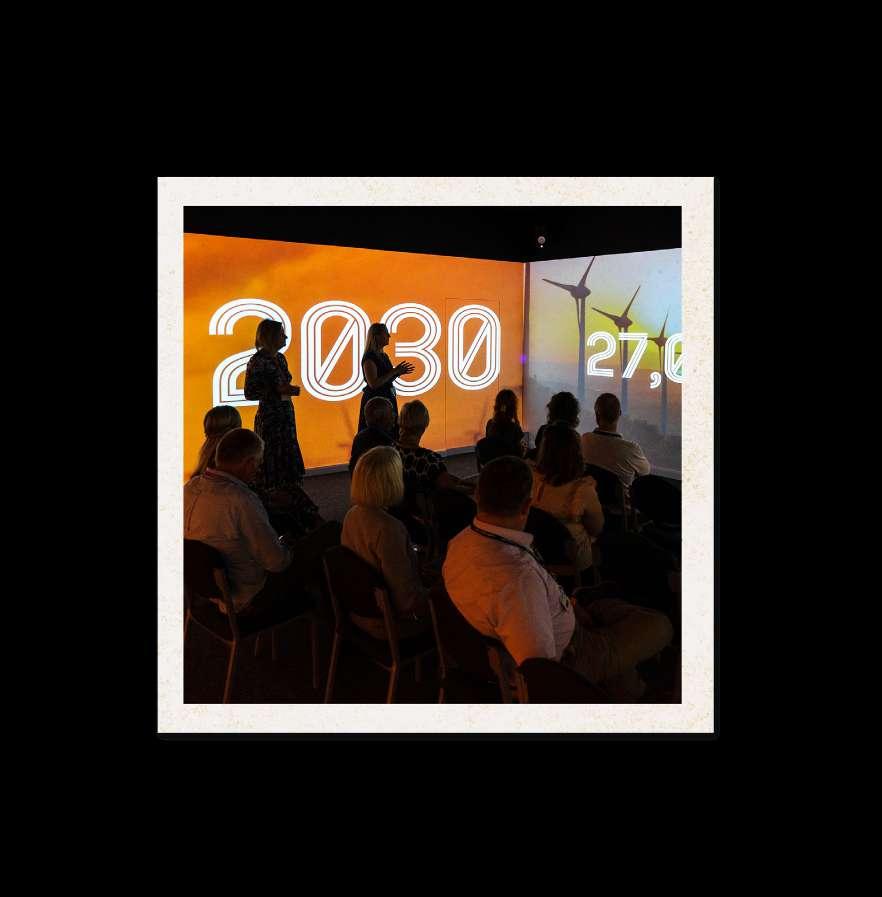
OTHER PROJECT CONTRIBUTIONS:

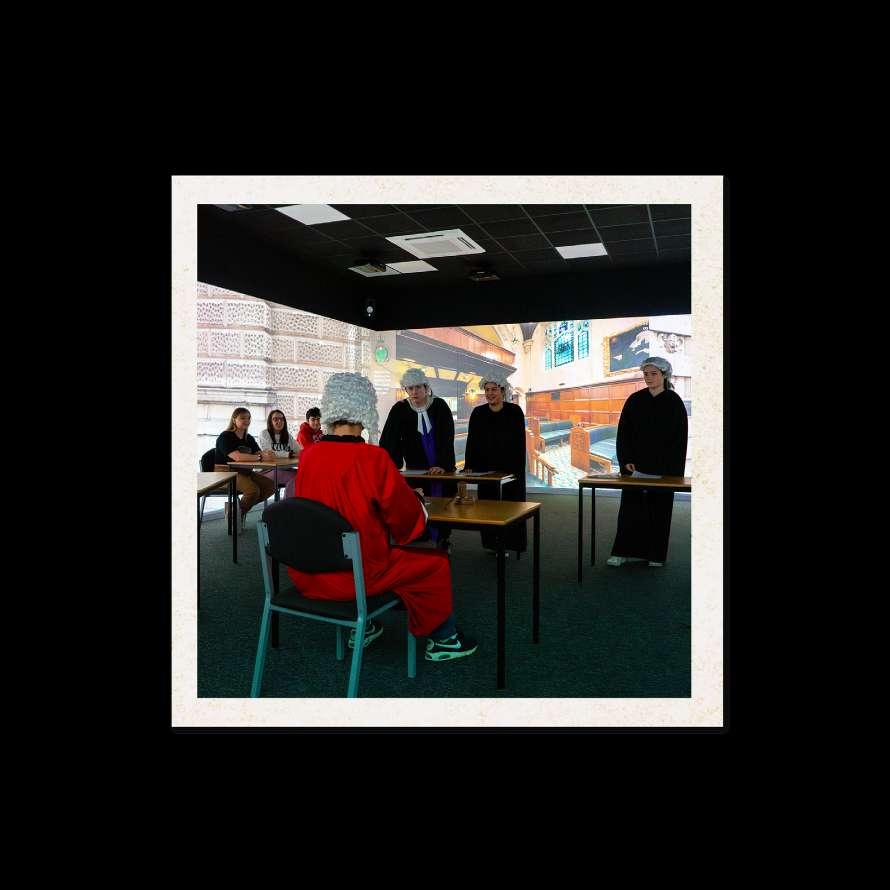
PROJECT 1: DECARBONISATION & GREEN SKILLS
Responding To Local STEM Opportunities
New digital tools acquired by Franklin College are pivotal in responding to the burgeoning local STEM opportunities and contributing to Net Zero goals.
PROJECT 2: DIGITISATION & SMARTER WORKING
Developing A Digital Upskilling Programme
The college’s Digital Upskilling Programme aligns with vocational demands and collaborates with employers to guide students on industry-specific digital skills.


Grantham College is leading the way in digital resource sharing, featuring virtual reality and augmented reality (AR) technology and an Immersive Room to prepare learners for dynamic careers and close the skills gap. Supported by the LSIF, the FE:
Has a space equipped with VR headsets to simulate workplace scenarios.
Is providing VR/AR resources across campus for broad student use.
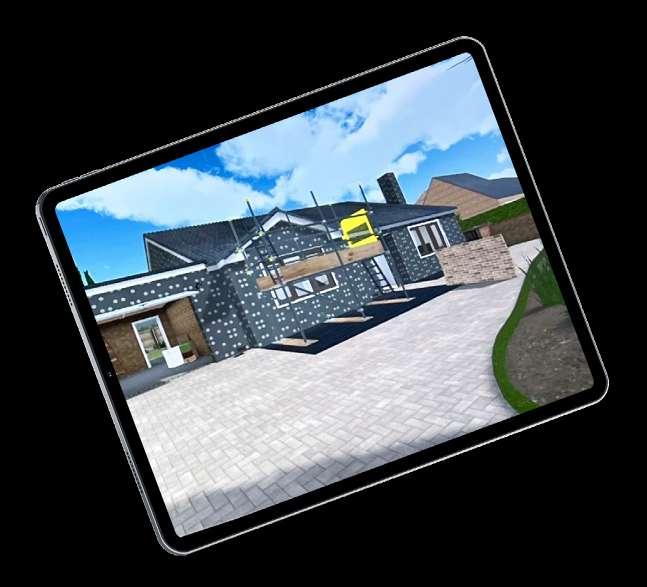
Digitalisation is a key area identified both in the LSIP and Grantham College’s own strategic goals, with the outcome of enhancing IT skills and workplace readiness through experiential learning.
Enhanced Learning: Students experience industrystandard practices within the Immersive Room.
Future-Ready Skills: The initiative provides learners with IT competencies essential for modern employment.
Grantham College’s commitment to employer engagement ensures that students are equipped with the latest IT skills, making them immediately valuable in various sectors.
Cutting-Edge Skills: Students gain hands-on experience with the latest digital technologies.
Employer Collaboration: Ongoing partnerships with local businesses enhance training relevance and job readiness.

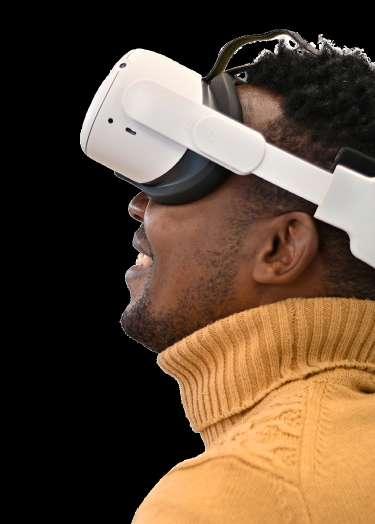
James Meenaghan Head of IT Services
We’re crafting an innovative learning environment that reflects
real-world workplaces,



equipping
our media students to explore their creativity and

OTHER PROJECT CONTRIBUTIONS:

Expanded Decarbonisation Curriculum
Refurbishing facilities to deliver hands-on training in low carbon and green energy disciplines.
Skillsbuilder Rollout
Implementing Skillsbuilder and hiring new staff to boost employability, supported by employer partnerships for maximum impact.


Grimsby Institute leads the way in digital education. Employers highlighted the need for education providers to improve future skills provision. Utilising LSIF, Grimsby Institute therefore built the Immersive Technology Room, designed to equip students with the modern tools for success in the digital era. This project includes:
The introduction of the Immersive Technology Room to augment the educational landscape.
A focus on imparting vital tech skills across sectors, including Health & Social Care, Construction and Computing.
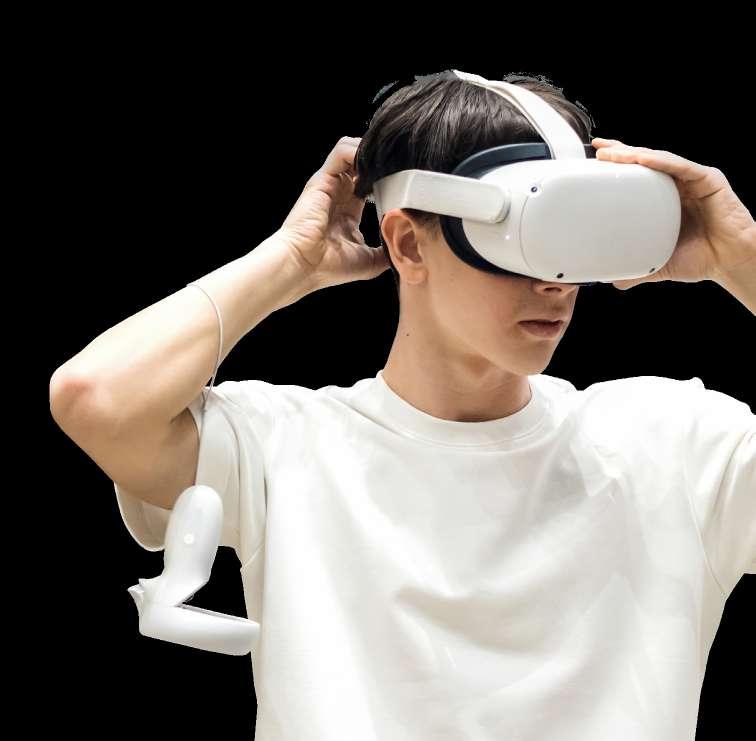
THE OUTCOMES: THE OUTCOMES:
Grimsby Institute’s immersive tech initiative opens doors to practical, industry-specific skills, making transitions into professional roles smoother for students.
Diverse Skill Training: Real-world skill application in VR environments prepares students for sectors from Game Development to Virtual Simulation.
Hands-On Experience: Virtual, augmented and mixed reality tools offer students unprecedented insights into their chosen fields.
By integrating immersive learning experiences, Grimsby Institute bridges the skills gap, offering employers a workforce trained in practical and interactive scenarios.
Enhanced Training Opportunities: Employers access innovative training in workplace safety and more through immersive tech.
Workplace-Ready Graduates: Realistic simulations ensure students are well-prepared for the dynamics of the modern workplace.


Robert Morton Group Executive Director of ICT
The traditional classroom doesn’t fit all students. Using immersive and VR technologies can help students to achieve better grades, build confidence and be more prepared for their next stage of life.”



OTHER PROJECT CONTRIBUTIONS:


PROJECT 1: DECARBONISATION & GREEN SKILLS
PROJECT 3: WORK READINESS & ESSENTIAL SKILLS
Tackling Carbon Emissions In The Plumbing Industry Tools To Streamline Employability Training
This project is designed to help reduce carbon footprint by training learners in designing and installing air source heat pumps and solar / battery storage systems.
This project created a suite of digital employability packages which allow the streamlined delivery of employability topics such as interview techniques and CV building.

HETA is enhancing its Low Carbon and Digital capabilities through the LSIF-supported acquisition of modern machine tooling and equipment, demonstrating the connectivity between advanced manufacturing and energy efficiency. This includes:
CNC machinery to introduce learners to precision manufacturing with low energy consumption.
Smart manufacturing readiness with hands-on experience in automation and rapid prototyping.

HETA’s advancements provide students with critical skills in digital manufacturing, preparing them for a future where automation and efficiency are paramount.
Digital Skill Development: Training in state-of-theart manufacturing technology focused on energy and material cost savings.
Green Skills Insight: An in-depth understanding of low carbon technologies and production efficiency to ready students for a sustainable workplace.
Employer collaboration in curriculum design ensures that HETA apprentices are equipped to meet the evolving needs of the industry with skills that drive down costs and ramp up productivity.
Collaborative Course Design: Direct employer input shapes a curriculum that produces workforceready apprentices.
Skilled Labour Supply: Access to apprentices proficient in lowering operational costs and enhancing productivity through innovative manufacturing solutions.


Joanne Lawson Deputy CEO
By integrating smart manufacturing techniques, we’re not only upskilling our learners but also contributing significantly to sustainable industrial practices.”



PROJECT 2: DIGITISATION & SMARTER WORKING OTHER PROJECT CONTRIBUTIONS:


HETA’s prototyping and training capabilities are a cut above thanks to investments in 3D printers and CNC equipment. Learners will gain additional skills and a better practical understanding of digital skills, automation and cost reduction in terms of materials, energy and time.
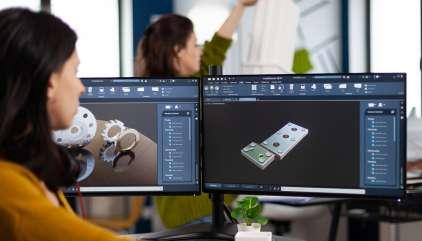


John Leggott College is enhancing learning with Upskill Zones, directly addressing employer feedback to ensure learners are primed for the professional world. Supported by LSIF, the project includes: Upskill Zones dedicated to experiential student learning.
Making The Grade: Student Outcomes
Upskill Zones within the college provide rich, practical learning experiences, equipping students with industry-relevant skills and behaviours.
Skill Refinement: Active learning environments for students to practise and perfect employability skills.
Employment Readiness: Targeted training that aligns with the expectations of students’ future careers.

The Bottom Line: Employer Outcomes
Employer involvement in the Upskill Zones fosters a curriculum that’s attuned to the latest industry standards, bridging the gap between education and practice.
Employer-Driven Curriculum: Regular updates from industry experts to maintain relevance.
Skilled Graduates: Graduates emerge with the attributes and skills sought after by businesses.


Nicola Altoft Careers &
Professional Opportunities Manager
This project will result in greater industry exposure to key staff who will gain a practical insight into the problems faced with transition in order to offer greater support to learners.”

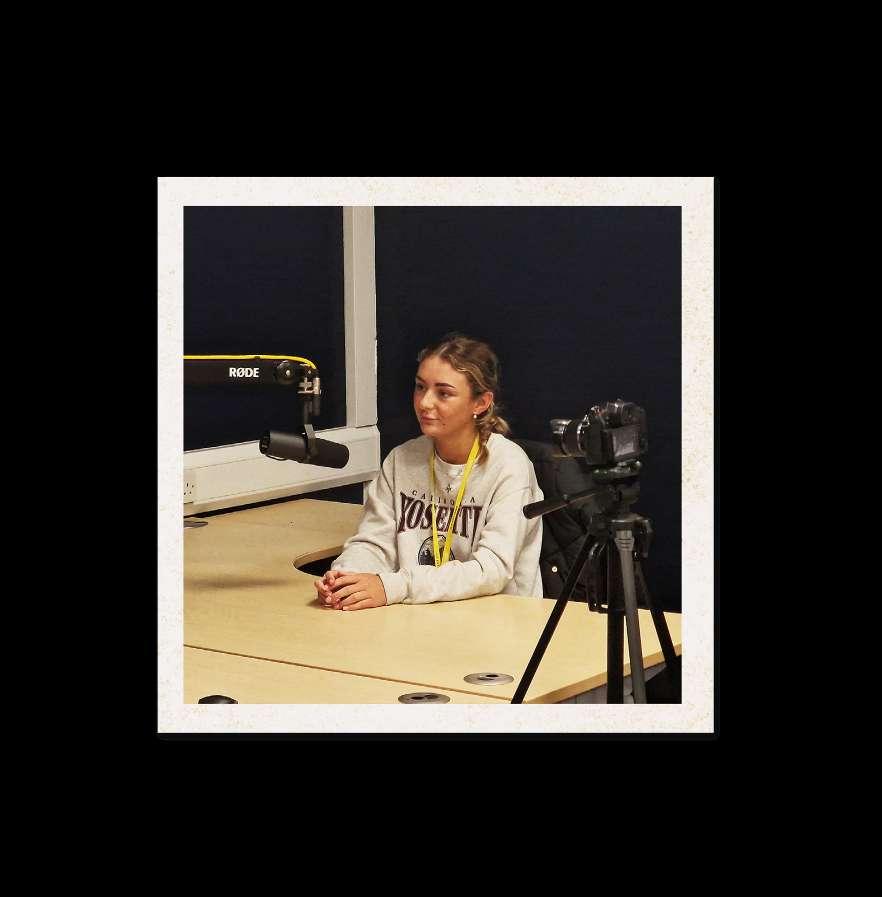
OTHER PROJECT CONTRIBUTIONS:


In partnership with North Lincolnshire Energy, the college is initiating a significant solar panel installation, giving learners experience with renewable energy technologies that underscore sustainability and efficiency in practice.
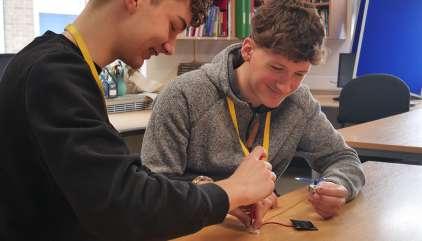


Lincoln College is taking a comprehensive approach to bridge the skills gap in green and construction trades, notably in domestic retrofitting. By upgrading its facilities and programmes with LSIF support, the college is enhancing sustainable construction education and providing vital green skills. Key project developments include:
Investment in modern tooling and learner resources and new bespoke CAD engineering suites.

Lincoln College’s investment ensures students gain first-hand experience with the latest industry practices, focusing on domestic retrofit and sustainable energy solutions.
Cutting-Edge Training: Introduction of modern construction technologies, focussing on Net Zero adaptations, safety and cost-effective positive impacts to productivity.
Retrofit Academy: Specialised L2-L5 training to address the pressing need for retrofitting skills in the construction industry.
The Bottom Line: Employer Outcomes
The new facilities and equipment at Lincoln College are set to become a resource hub for local businesses, offering upskilling opportunities in green technologies and supporting the growing demand for skilled construction professionals.
Upskilling Workforce: Short courses on green technologies for local businesses, including airsource, ground-source and solar PV energy solutions.
Meeting Net Zero Goals: Contributing skilled labour to the national effort of retrofitting 27 million homes for Net Zero compliance.


Paul Gregory
Assistant
Principal - Construction
This project will enhance students’ employability and arm them with the skills they need to make a productive contribution to the nation’s

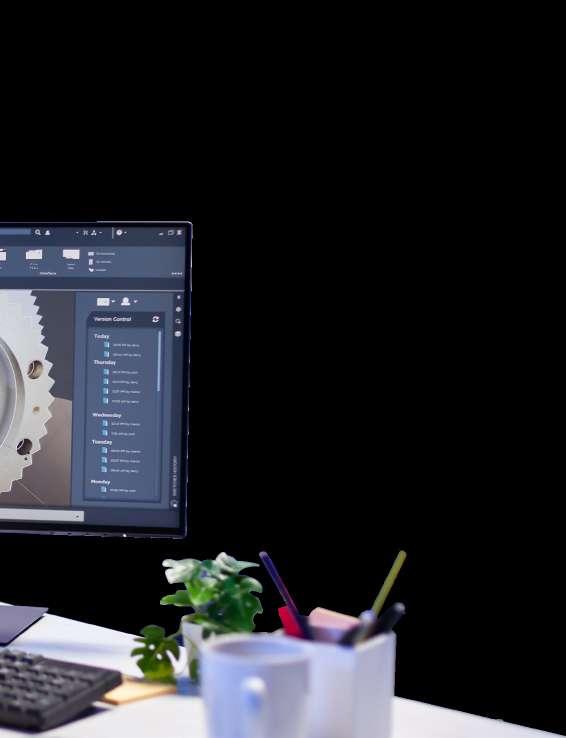


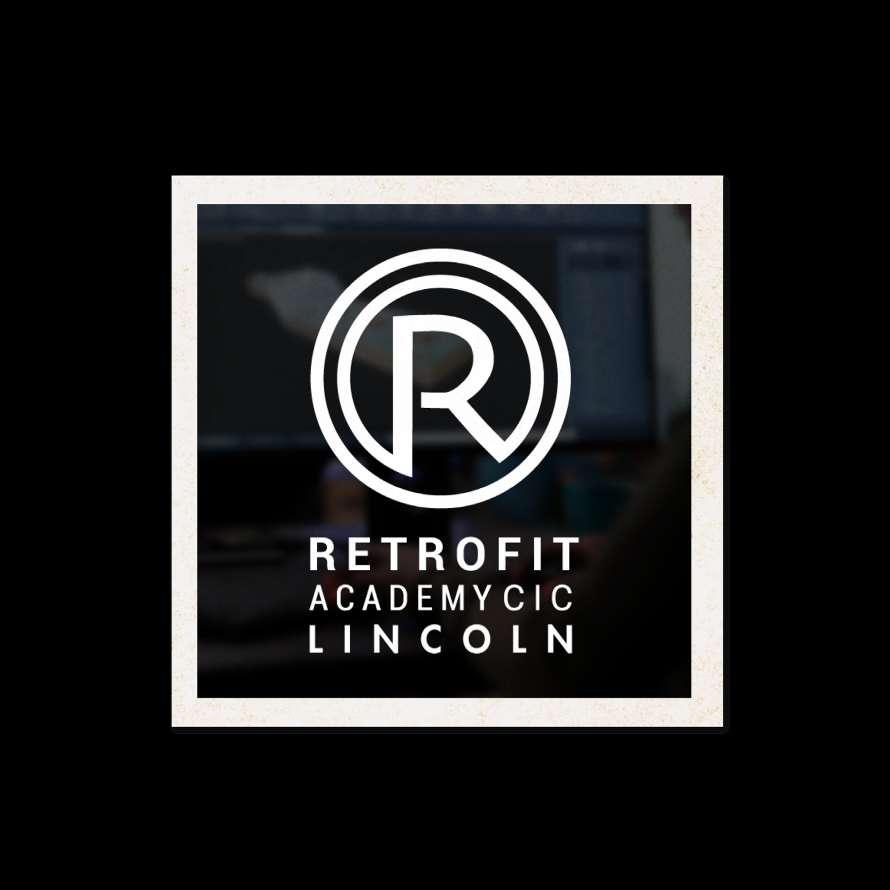
Advancing Innovation Through Technology Hub Human Alchemy Leadership & Management Course Delivery Investment in industry leading CNC equipment to enhance innovation and productivity. The ‘Digital Knowledge Hub’ at our Air & Space Institute will showcase cutting-edge technology producing regional digital skills expansion.
Expansion of the College’s mental health resilience offering. Delivery of subsidised Human Alchemy leadership and management courses for local businesses.


Risholme College is employing virtual reality to tackle the workforce skills gaps. Harnessing the LSIF, the education provider has invested in:
Cutting-edge VR equipment for its Riseholme Campus.
The creation of new training packages to augment existing course content.

Expanded VR Learning: After the initial success of a VR resource area at Bishop Burton College, the Riseholme campus now mirrors this innovative learning environment through LSIF support.
Tech Specs & Opportunities: The setup boasts five VISR Dynamics VR headsets and the STAGE Pro platform, enhancing course delivery with interactive content. This allows students not only to engage deeply with their subjects but also to create unique virtual spaces, tackle assignments and participate in global VR activities.
Real-World Preparation: The College’s VR initiatives simulate crucial real-world situations, from veterinary procedures and construction hazards to artistic curation, which can be challenging to replicate safely. Students now have a risk-free environment to acquire and practise essential vocational skills.
Enhanced Employability: Businesses gain from new recruits who not only bring theoretical insights but also practical, VR-enhanced experience. This advanced preparation means graduates are workforce-ready and equipped to navigate the practical challenges of their chosen fields effectively.

Victoria Isaac Project Manager


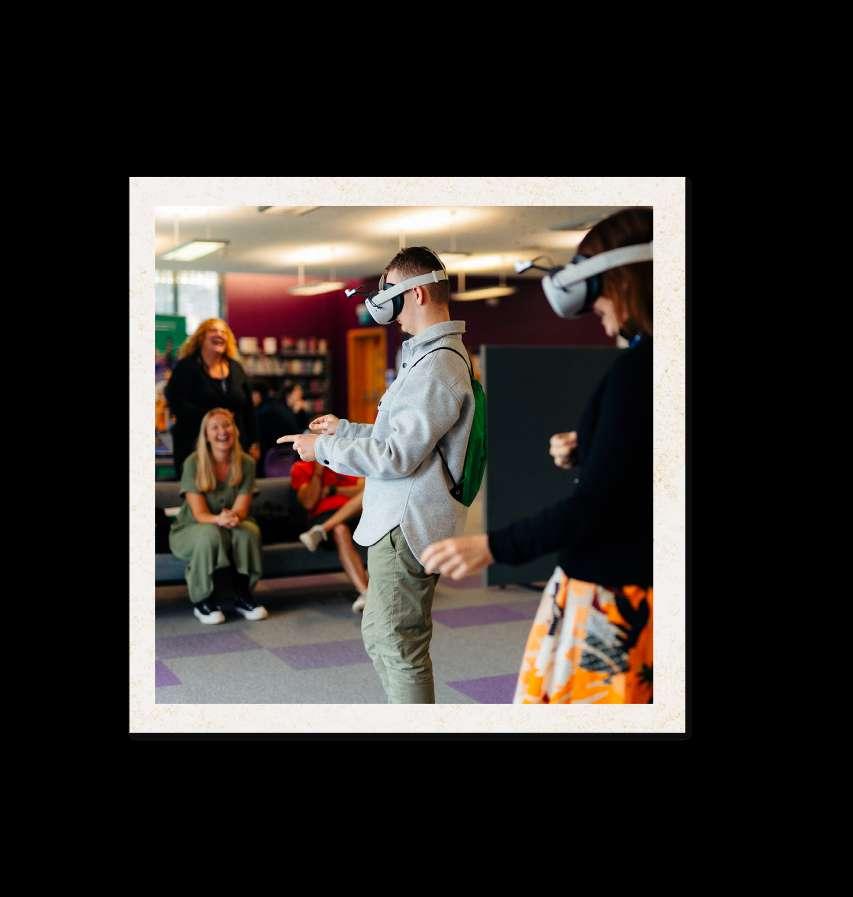

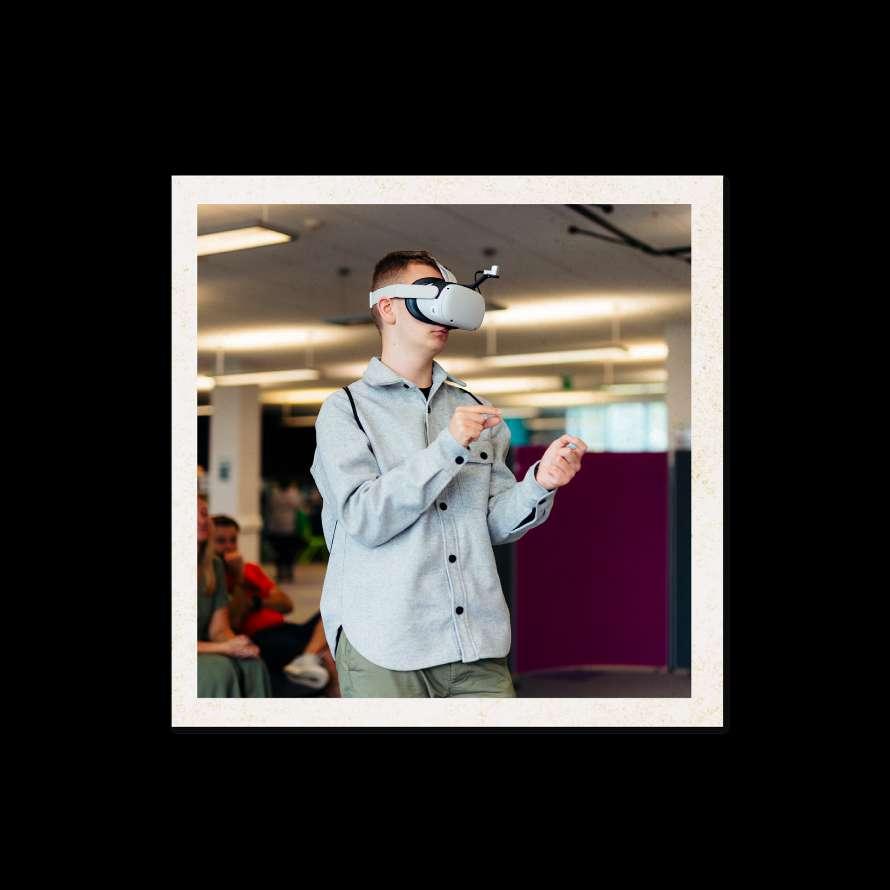
88% 66% of youth in the UK believe digital skills are essential for their careers
Source: AND Digital – Skills Gap Report (2022)
of UK businesses struggle to recruit employees with needed skills
Source: Monster – Flexible Future UK Hiring (2022)

IEG Stamford College’s Immersive Rooms project facilitates joint learning across Greater Lincolnshire and Rutland, promoting accessibility and sustainability. Backed by the LSIF, the initiative includes:
Virtalis Wall IT and Google Hub for simultaneous cross-campus virtual delivery.
Bespoke VR assets designed to enhance Decarbonisation and Green Skills education.
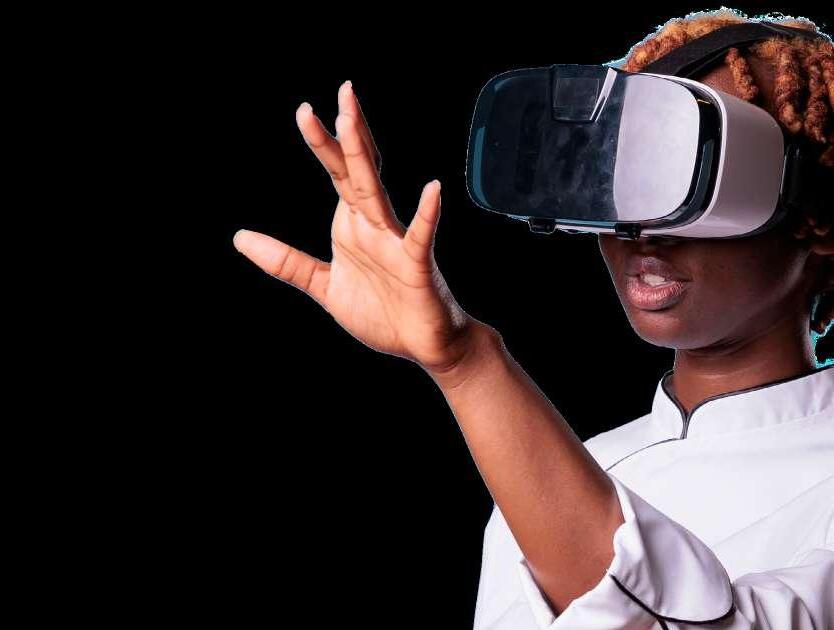
THE OUTCOMES: THE OUTCOMES:
Students at IEG Stamford benefit from innovative VR assets integrated into their learning, with a significant emphasis on Green Skills.
Digital Innovation: Curriculum enriched with VR technology for a cutting-edge educational experience.
CPD Content Creation: Development of CPD materials on VR to foster best practices among educational partners.


IEG Stamford’s initiative ensures that learners are industry-ready, offering immediate value to employers with updated skills and modern work methodologies.
Workforce Readiness: Students enter the job market with hands-on virtual experience, ready to enhance productivity.
Employer Benefits: Access to a talent pool skilled in cutting-edge digital practices, contributing to costefficiency and productivity.

Gary McPartland Assistant Principal For Curriculum Study Programme and T Levels
We’re supporting students in acquiring the digital skills that are increasingly desired within the workplace, improving their chances of employment in an ever changing digital world.”


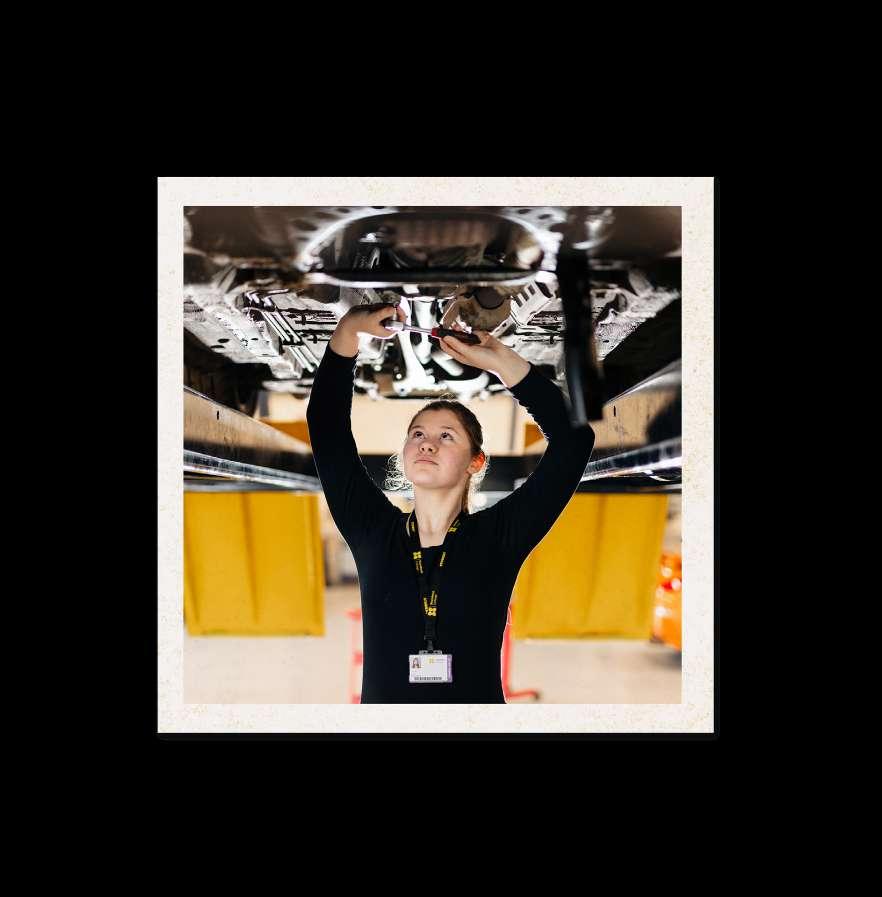
OTHER PROJECT CONTRIBUTIONS:

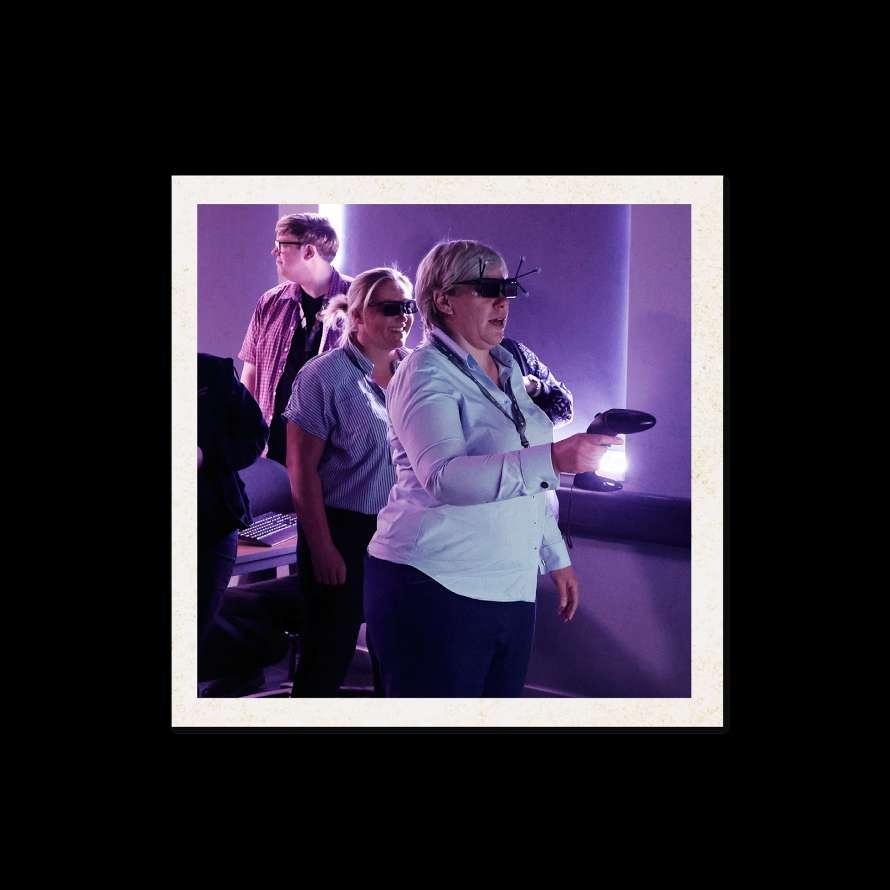
Low Carbon Heating Technician
Advanced Apprenticeship
Expanding training capabilities in low carbon energy and hybrid motor vehicle technology, this project is designed to support learners in meeting the Net Zero targets and the demands of new apprenticeship standards.


You spotlighted the key challenges within the workforce of Greater Lincolnshire and Rutland.
Your insights are invaluable - thank you!
The dedication you’ve seen from our further education learning providers, reflects a collective ambition for our region’s prosperity.
Together, we’ve got this.


Employers, your perspectives on the skills gap challenge have been heeded. You can trust in the actions being taken. Just imagine, at this very moment, learners across various stages of their career journey are diligently working away, their learning experience greatly enhanced by your involvement. These individuals, whether they are current students or existing members of your workforce, could be the key to filling pivotal roles within your organisation in the future.
While great strides have been made, our feet remain firmly grounded. More needs to be done. The market’s continued evolution demands our adaptability and the deeper your involvement, the richer our learners’ experiences become.
This is how we’ll forge a pathway for our future movers, shakers and innovators.
This is how we’ll turn challenges into opportunities.

This is how we’ll continue to build a brighter, more skilled future for Greater Lincolnshire and Rutland.
Because, when we work together, incredible things happen.



